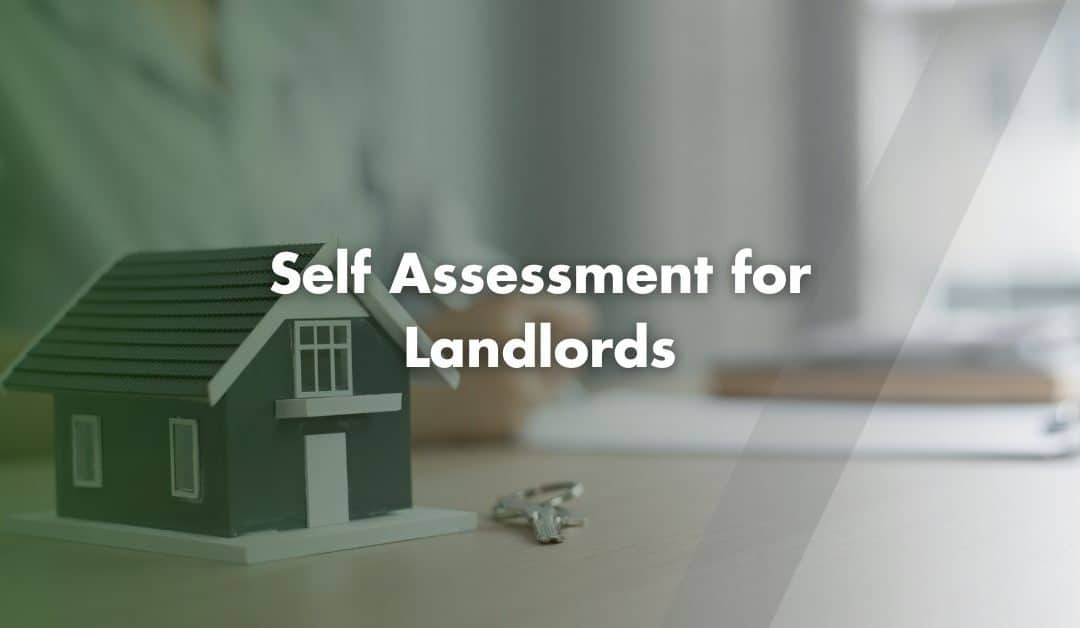HMRC use the Self Assessment system to calculate and collect tax on Rental Income. For landlords that earn more than £1,000 annually from rental properties, you must declare this income through Self Assessment. Failing to do so will result in hefty penalties.
Do You Need to File a Self Assessment?
Before diving into the process, you should confirm whether you need to file:
- If your rental income is £1,000 or less annually, it is tax-free under the Property Allowance, and you do not need to report it.
- If your rental income is between £1,000 to £2,500 annually, you should contact HMRC for the correct guidance.
- If your rental income exceeds £2,500 after expenses or £10,000 before expenses, you need to file a Self Assessment.
How to Register for Self Assessment
If you are filing for the first time, you need to register with HMRC by the 5th October following the end of the tax year in which you started earning rental income.
- Create a Government Gateway Account: You will need your name, email address and National Insurance Number.
- Receive Your Unique Taxpayer Reference (UTR): This 10-digit number will arrive within 10 to 21 days. You must keep this safe as you will need it to file your return.
If you have filed a tax return before, you can reactivate your account instead of registering anew.
Completing Your Self Assessment
1. Organise your records by gathering the following:
- Rental income statements
- Receipts for expenses (repairs and maintenance)
- Bank statements and invoices
- Any records of additional income or pensions
2. Add up all the income you have received from tenants. If you manage multiple properties, combine the totals to determine your overall rental earnings.
3. HMRC allows you to deduct “Allowable Expenses” which reduce your taxable income. These expenses must be solely related to your rental business. Allowable Expenses include:
- Letting agent and account fees
- Property repairs and maintenance
- Council Tax, utility bills and service charges
- Buildings and contents insurance
- Advertising for tenants
4. Use HMRC’s online portal to file your tax return. Alternatively, you can use compatible software to make the process easier or hire an accountant. These are the deadlines:
- 31st October for Paper Returns
- 31st January for Online Returns
5. After submission, HMRC will calculate your tax liability. You must pay any tax owed by 31st January to avoid the penalties. You may also need to make advance payments for the following tax year.
National Insurance Contributions for Landlords
Landlords may also need to pay voluntary National Insurance Contributions to qualify for the State Pension and other benefits.
- If being a landlord is your main job, or you own multiple properties, you might need to pay Class 2 National Insurance.
- If you are eligible for Class 2, you can also opt for Class 3 Contributions.
Claiming Losses and Tax Relief
If your rental business makes a loss, you can offset it against future profits or other rental income. Additionally, landlords can claim tax relief on replacement domestic items through their Self Assessment, such as carpets or fridges, provided the replacement is for tenant use.
Penalties
Missing deadlines can result in files, starting with a £100 fine for filing up to 3 months late, with additional penalties for longer delays.
Contact Us
We are not just accountants; we are Chartered Accountants with one of the most reputable and premium accounting bodies. We are registered and regulated by ACCA; so you can rest assured that you are in good hands. Knowing this, don’t hesitate to get in touch with us if you require assistance: Pi Accountancy | Contact Us

